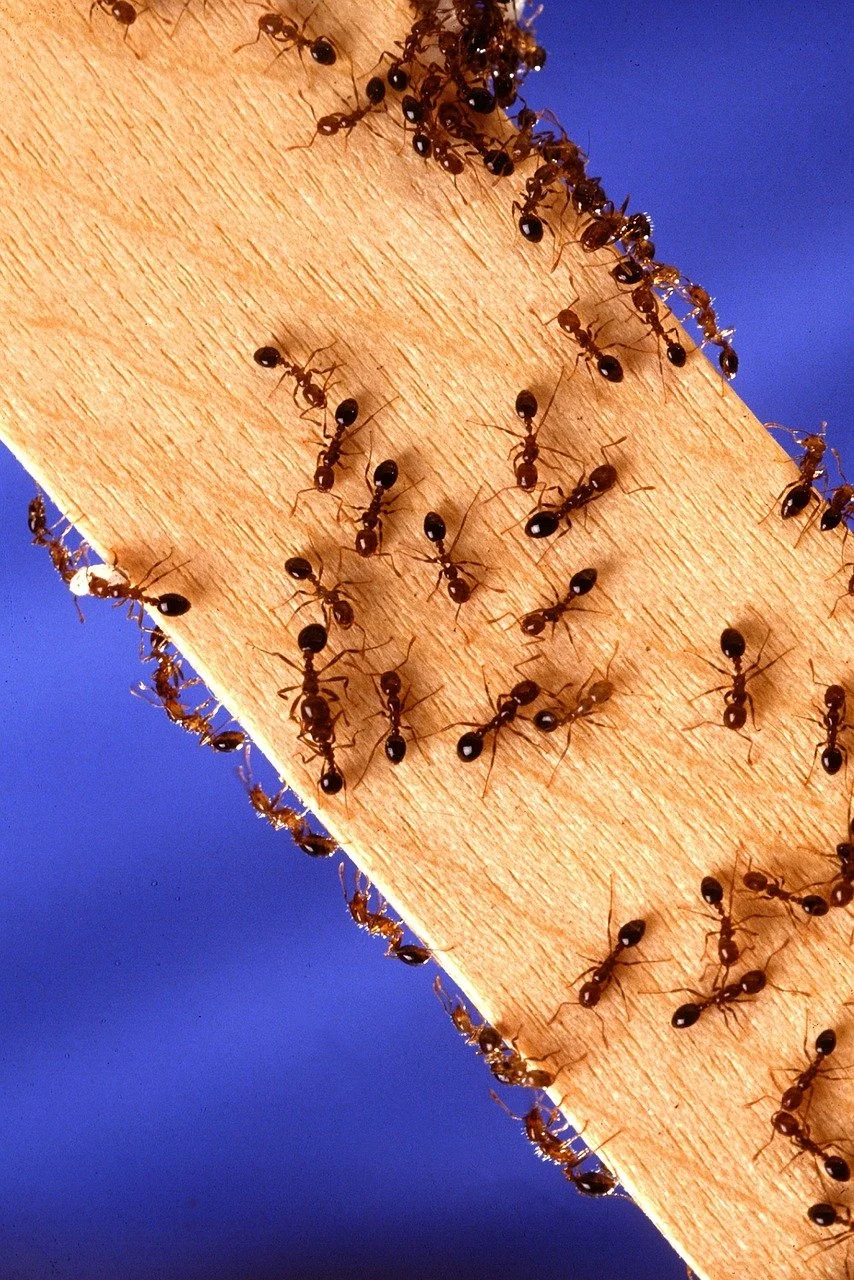Itchy skin during menopause
Ever had the feeling there are tiny insects scurrying around, on, or under your skin? Or, felt incredibly itchy but scratching doesn’t help? If the answer is yes, you’re probably suffering from the perimenopause skin sensation, formication.
What causes menopause itchy skin?
Falling oestrogen levels during perimenopause hit the body’s ability to produce natural skin oils and retain moisture, making it dry, flaky and itchy. Itchy skin, medically known as pruritis, can be linked to a type of abnormal skin sensation, which causes this crazy, ant crawling feeling, formication. Your skin may also be bumpy, lumpy, and red. Allergies in menopause can cause itchy skin, hives and discomfort all round!
Medical treatments for menopausal itchy skin conditions
Over-the-counter antihistamines may help to deal with itchiness. They work by blocking the cell receptors that react to the falling oestrogen levels causing the itching.
However, Itchy skin (if it affects the whole body and is accompanied by other symptoms) can also be a sign of an underlying illness, consult your doctor if you’re worried.
Can HRT help menopause itchy skin?
HRT addresses the hormone imbalance responsible for the itchy, crawling sensation.
The usual caveat, there are pros and cons to taking HRT. We don’t take a view. Read our Faqs About Hormone Replacement Therapy (HRT) It’s for you to decide whether it’s for you or not.
Natural remedies that may ease itchy skin in menopause
Supplements may help to balance out your hormone levels
As Formication is a consequence of depleting hormone levels, Black Cohosh, contains phytoestrogens which may help top up levels.
Omega-3: Take fish oils, rich in polyunsaturated fats containing EPA and DHA, to help restore fats lost in the skin. It’s advised not to take more than 3 grams daily from capsules without the supervision of a health advisor, due to increased risks of bleeding.
Vitamin C helps with skin elasticity. The American Academy of Dermatology suggests up to 500 to 1,000 milligrams per day.
Borage (Starflower), flaxseed, or evening primrose oil: all good sources of gamma-linolenic fatty acid, (deficiency leads to dry skin and irritation), taken as capsules.
Supplements may cause unwanted side effectsupplements come in different strengths and can interact with other medications and/or have limits on how long they can be taken safely.
Alternative ways to deal with your itchy menopausal skin
Making tweaks to your diet, lifestyle, and skincare in perimenopause and beyond can go some way to relieving this niggling symptom. Watch our video on itchy skin to see what Janet said about discovering she was experiencing menopause symptom formication.
Does menopause formication go away?
Understanding what’s causing the itching may help you to deal with and tolerate it better. As oestrogen levels stabilise, formication should settle down a year or so after you hit menopause.












Lichen sclerosus is most common in peri and post-menopausal but the cause is unclear. Lack of awareness leads to delays in diagnosis due to late presentation and lack of recognition of symptoms. What are the symptoms of lichen sclerosus in menopause? We share signs, treatments and one woman’s experience.